Description
Nolpaza 20 mg is used:
- For the treatment of mild forms of gastroesophageal reflux disease (a condition in which stomach contents can enter the esophagus and this can cause inflammation of the esophagus) caused by increased secretion of stomach acid and associated symptoms such as heartburn, acid regurgitation (associated belching with the reflux of the acid contents of the stomach into the throat), pain when swallowing;
- For the long-term treatment and prevention of relapses of reflux oesophagitis (a condition in which the contents of the stomach back up into the oesophagus, leading to inflammation and pain);
- For the prevention of gastric and duodenal ulcers, induced by the use of anti-inflammatory drugs in high-risk groups of patients who need continuous treatment with anti-inflammatory drugs.
Dosage
Adults: The recommended daily dose is 1 tablet once a day. You may need to continue taking the tablets for the next 2-3 days to improve your symptoms. Treatment should be discontinued after symptoms have completely disappeared. The difficulties will not ease immediately.
And if after 2 weeks of continuous treatment there is no improvement in symptoms, you should consult a doctor. Without consulting a doctor, the treatment should not last more than 4 weeks.
Mode of use
The tablets should not be chewed or crushed, they should be swallowed whole before a meal and washed down with liquid.
Warning
The drug should not be used during pregnancy, as the potential risk in humans is unknown. The medicine should not be taken during breastfeeding. The drug is not recommended for use in children and adolescents under 18 years of age. In case of impaired liver function or liver diseases, it is necessary to consult a doctor regarding the use of the drug. The medicine is not intended to prevent problems associated with reflux.
Malignancy should be excluded if unexpected weight loss, anemia, gastrointestinal bleeding, dysphagia, persistent vomiting, or hemoptysis occur. The drug may reduce the absorption of vitamin B12 (cyanocobalamin). With long-term therapy, it can cause a decrease in magnesium levels and an increase in the risk of fractures and cutaneous lupus erythematosus. The drug may affect tests for neuroendocrine tumors. Treatment should be stopped at least 5 days before CgA (chromogranin A) measurements are performed.
Patients should consult their doctor before taking this medicine if they are going to have an endoscopy or urea breath test. Side effects such as dizziness and blurred vision may occur. If they occur, the patient should not drive or use machines. Photosensitivity may occur as a side effect (frequency not known). The medicine contains sorbitol. Store in original packaging to protect from moisture.
Adverse effects
Like all medicines, this medicine can cause side effects, although not everybody gets them.
Tell your doctor straight away or go to the nearest hospital emergency department if you experience any of the following serious side effects. Stop taking this medicine immediately, but take this leaflet and/or tablets with you:
Serious allergic reactions (frequency is rare (may affect up to 1 in 1,000 people)):
Hypersensitivity reactions, also called anaphylactic reactions, anaphylactic shock and angioedema. Typical symptoms are:
- Swelling of the face, lips, mouth, tongue and/or throat which may cause difficulty swallowing or breathing
- Nettle
- Severe dizziness associated with rapid heartbeat and profuse sweating
Serious skin reactions (frequency not known (frequency cannot be estimated from the available data)): you may experience one or more of the following symptoms:
- Rash with swelling,
- Blistering or peeling of the skin
- Skin shedding and bleeding around the eyes, nose, mouth or genitals
- Rapid deterioration of the general state of health or
- Rashes after sun exposure
- You may have joint pain or flu-like symptoms, fever, swollen lymph nodes (eg in the armpit) and blood tests may show certain changes in white blood cells or liver enzymes.
Other serious reactions (frequency not known (frequency cannot be estimated from the available data)):
- Yellowing of the skin and eyes (due to severe liver damage)
- Kidney problems such as painful urination and back pain with fever (severe kidney inflammation with the possibility of kidney failure)
Other side effects are:
Common (may affect up to 1 in 10 people): benign polyps (benign growths) on the stomach lining.
Uncommon (may affect up to 1 in 100 people):
- Headache
- Dizziness
- Diarrhea
- Feeling sick, vomiting
- Puffs and winds
- Constipation
- Dry mouth
- Abdominal pain and discomfort in the abdominal area
- Skin rashes or hives
- itch
- Feeling weak, exhausted or generally unwell
- Sleep disorders
- Increased liver enzymes in blood tests
- Fracture of wrist, hip bone and spine
Rare (may affect up to 1 in 1,000 people):
- Visual disturbances such as blurred vision
- Joint pains
- Muscle pain
- Changes in body weight
- Increase in body temperature
- Swelling of the limbs
- High fever and sudden decrease in circulating granular white blood cells (detected by blood tests)
- Depression
- Increases in bilirubin and blood fats (detected in blood tests)
- Male breast augmentation
- Altered sense of taste or loss of taste
Very rare (may affect up to 1 in 10,000 people):
- Disorientation
- A decrease in the number of white blood cells, which can lead to more frequent infections
- A decrease in the number of platelets in the blood, which may cause you to bleed or bruise more often than usual
- Current severe decrease in the number of red blood cells, white blood cells and platelets (detected by blood tests)
Not known (frequency cannot be estimated from the available data):
- Hallucinations, confusion (especially in patients who already had such symptoms)
- Decreased levels of sodium, magnesium, calcium or potassium in the blood (see section 2)
- Tingling, tingling, pricking, burning pain or numbness,
- Inflammation of the colon causing persistent watery diarrhea
- Muscle cramps
- Rash, with possible joint pain
Contraindications
Do not take Nolpaza 20 mg:
- If you are allergic to pantoprazole or any of the other ingredients of this medicine (listed in section 6)
- If you are taking HIV protease inhibitors such as atazanavir, nelfinavir (to treat HIV infection)
Talk to your doctor or pharmacist before taking Nolpaza. Contact your doctor if:
- You have been treating heartburn or indigestion for 4 weeks or more continuously
- You are over 55 and take daily over-the-counter medications to support digestion
- You are over 55 and any reflux symptoms are new or have recently changed
- You have had stomach ulcers or stomach surgery in the past
- You have liver problems or have jaundice (yellowing of the skin or eyes)
- You see your doctor regularly for serious problems or conditions
- You need to have an endoscopy or a urease breath test called a C-urease test
- Have you ever had a skin reaction after treatment with a medicine similar to Nolpaz that reduces stomach acid
- You are scheduled for a certain blood test (chromogramin A)
If you are taking HIV protease inhibitors such as atazanavir, nelfinavir (to treat HIV infection) at the same time as pantoprazole, ask your doctor for advice.
Do not take this medicine for more than 4 weeks without talking to your doctor. If reflux symptoms (heartburn or acid regurgitation) persist for more than 2 weeks, consult your doctor, who will decide on the need for long-term use of this medicine.
Try other Nolpaza brand products, which you can find in the Digestive System, Heartburn, Stomach Acidity and Medicines categories. Nolpaza 20mg 14 tablets is registered in the ŠUKL database under the code 43342. If you are not sure about the choice of this product, take inspiration from the category Heartburn, acidosis.
Features
| Product code | 384958 |
| Category | Antacids, Digestive Diseases |
| Product line | Nolpaza |
| Delivery from | Slovakia |
Reviews
There are no reviews for this product.







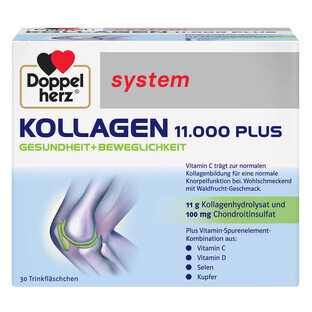



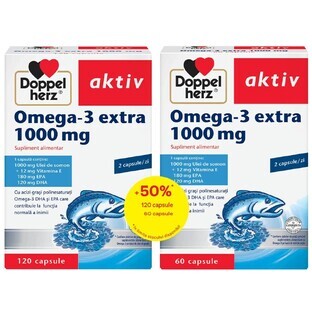
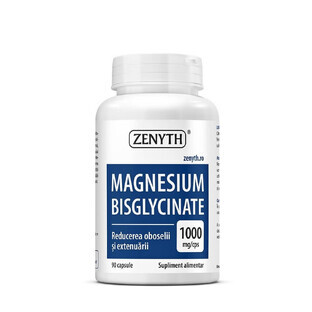
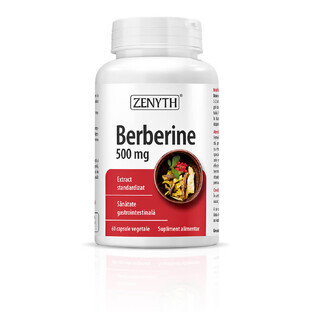
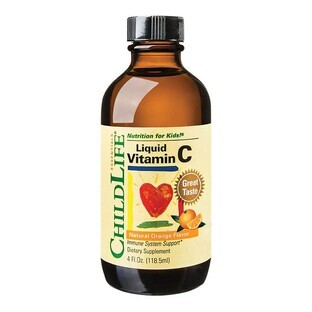
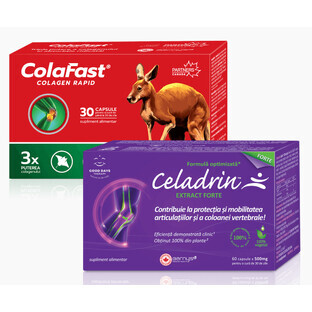

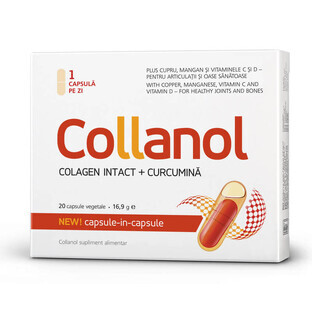
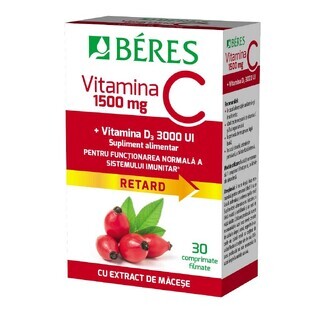
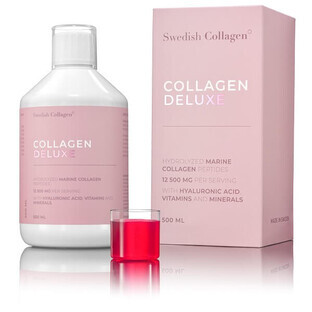











































 Description
Description 





